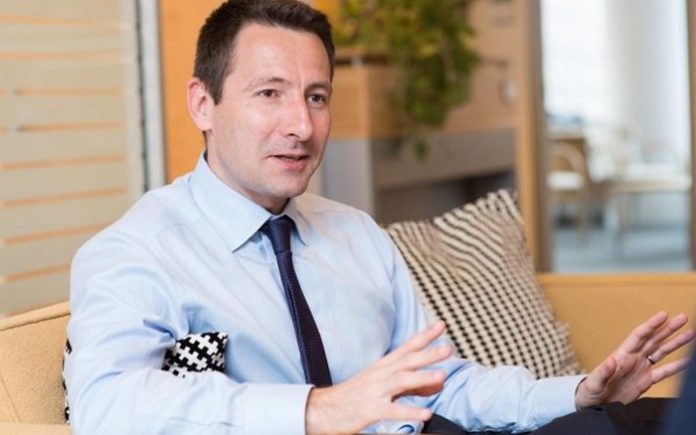Ghana can repay its debts when they fall due, provided it continues implementing the objectives of the US$3 billion loan-supported programme with the International Monetary Fund (IMF).
This was the assurance given by Stéphane Roudet, IMF Mission Chief for Ghana, during a roundtable discussion with some Ghanaian journalists at the recently concluded Spring Meetings of the IMF and World Bank Group in Washington, D.C., USA.
“Once we go to the Board, we publish the staff report, [and] you will see that the macroeconomic framework we have in there assumes that those payables are going to be repaid at some point,” Mr. Roudet stated.
He was quick to add, “The pace at which the government will be able to pay down those payables will very much depend on its ability to raise the necessary financing.”
Mr. Roudet noted that, for example, the government had made provisions in the 2025 budget for the repayment of arrears amounting to GHS13 billion, below the line, as part of efforts to meet its debt obligations.
He was responding to a question posed by the Ghana News Agency regarding the government’s ability to meet its payables in the face of a large accumulation in 2024.
“The magnitude of the problem is quite large. Our assessment is that the primary balance last year on a commitment basis was a deficit of about 3.25% of Gross Domestic Product (GDP),” he said.
This, he noted, compares to a surplus of 0.5% of GDP under the ongoing IMF programme target. He said the staff mission had discussed short-term interventions with Ghanaian authorities to help bring the country’s fiscal trajectory back on track.
“What we have seen from that standpoint is a strong budget that continues to stick to the programme objectives. In particular, for this year, it’s a primary surplus of 1.5% of GDP. It’s underpinned by strong efforts on the spending side but also on the revenue side,” he added.
Mr. Roudet said the Fund had observed the implementation of some fiscal reforms, including an amendment to the Procurement Act.
The changes now require the Ministry of Finance to issue commencement authorisation before the Public Procurement Authority can grant a permit for procurement, irrespective of the procurement method.
“That puts the Ministry of Finance — the institution that holds the purse of the country — very much at the centre of the project implementation process,” he said.
He added that the IMF mission team and the Ghanaian authorities also discussed important measures to address the country’s structural challenges, such as the Fiscal Framework and the establishment of a Fiscal Council.
These reforms, once effectively implemented, he said, would strengthen Ghana’s public finances and better position the country to meet its debt obligations.
Ghana has been implementing a three-year, US$3 billion Extended Credit Facility (ECF) programme with the IMF since 2023 — the country’s 17th loan-supported programme with the Bretton Woods institution.
The programme aims to restore macroeconomic stability and debt sustainability, foster economic resilience, and lay the foundation for stronger and more inclusive growth.
It began under former President Nana Addo Dankwa Akufo-Addo and is now being continued by the new administration led by President John Dramani Mahama. The programme is expected to conclude in 2026.
ALSO READ:

